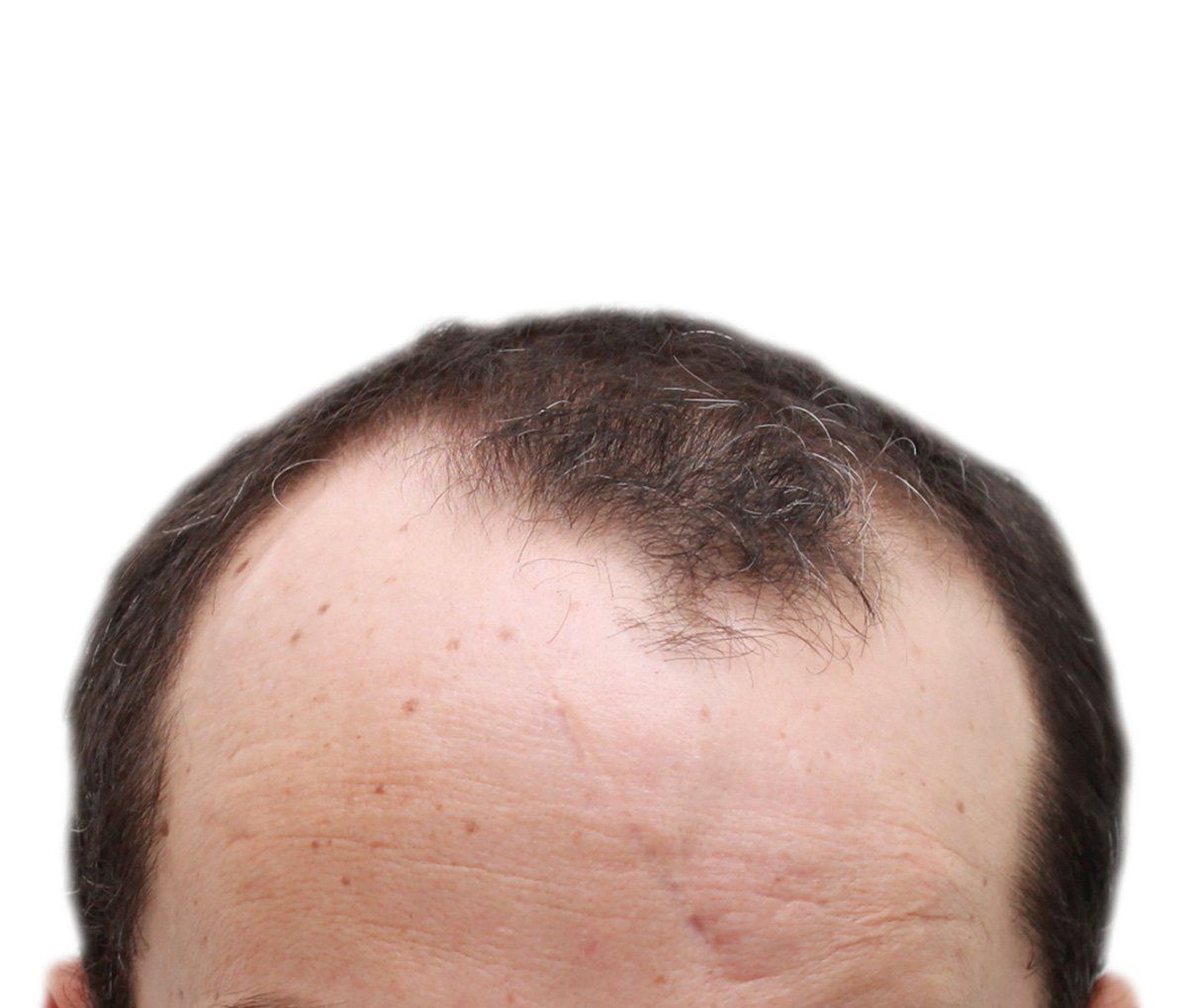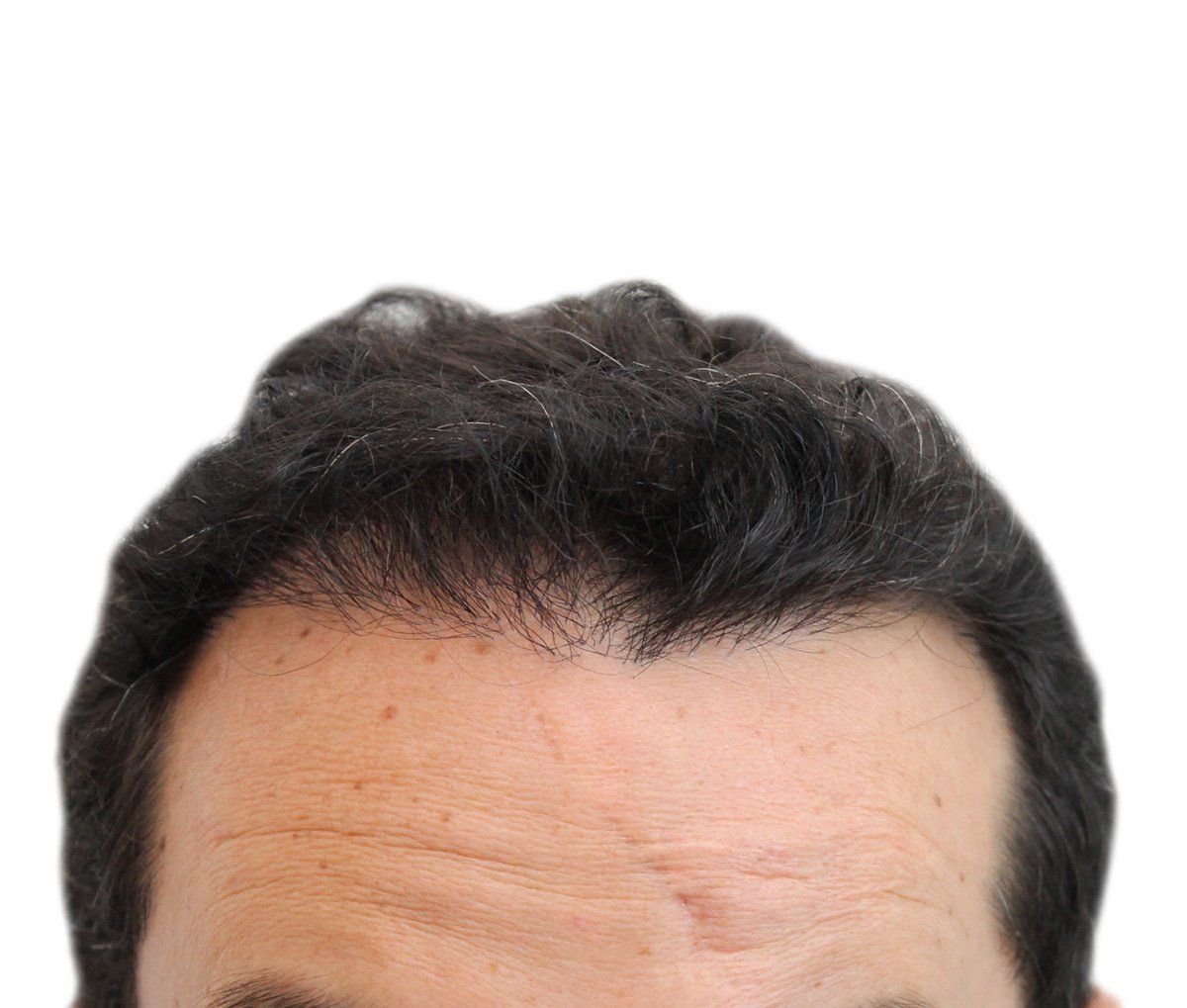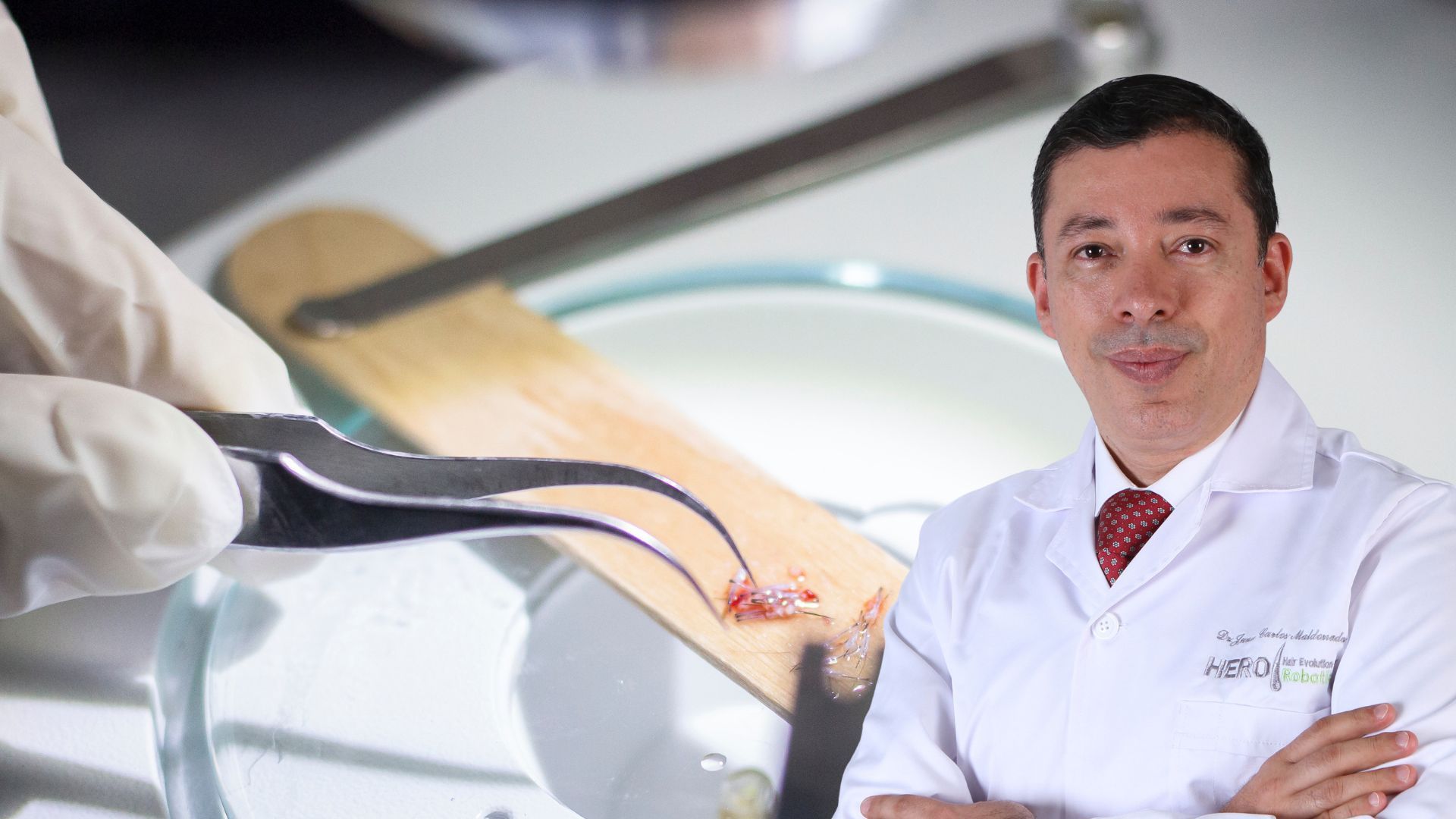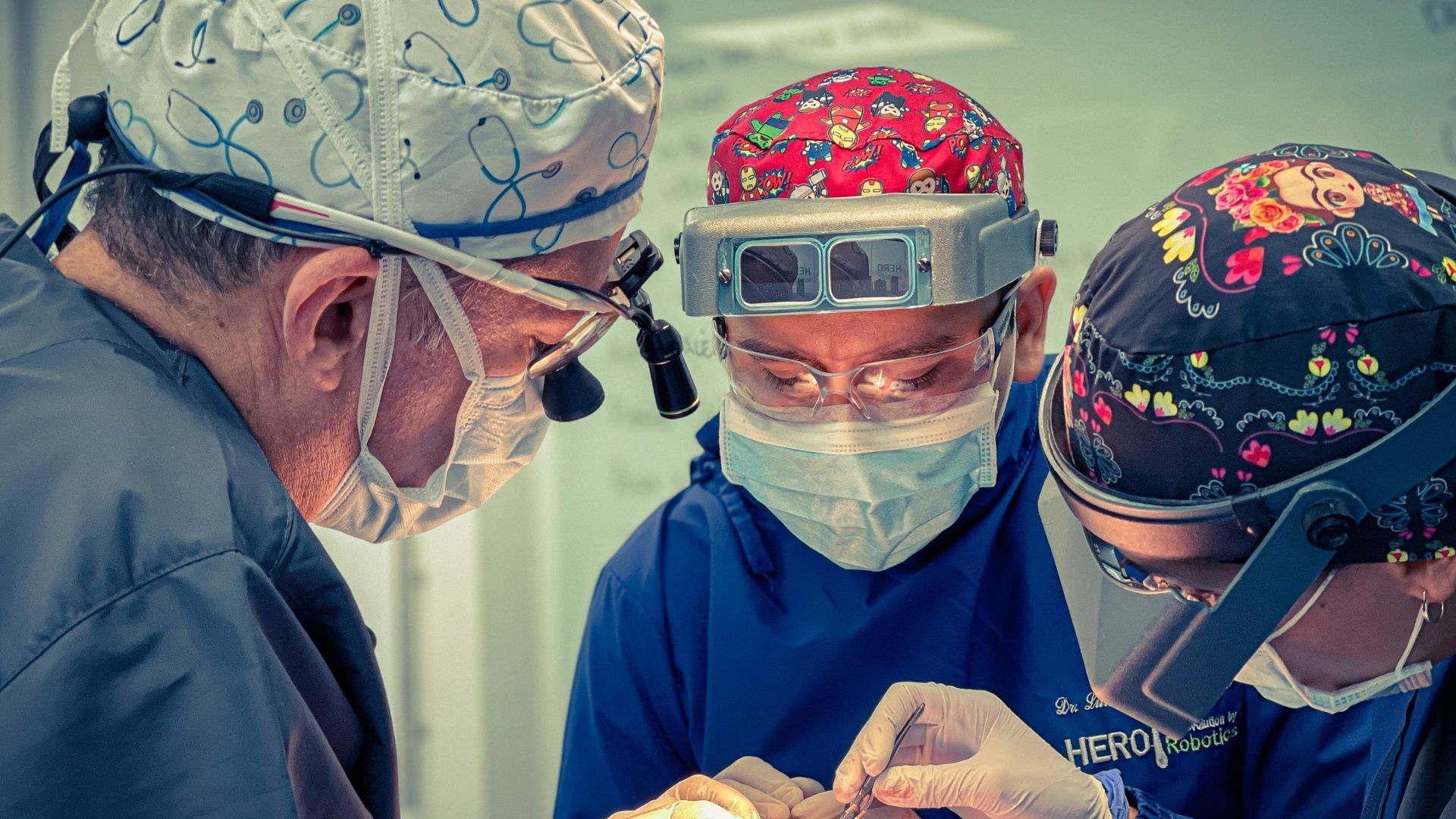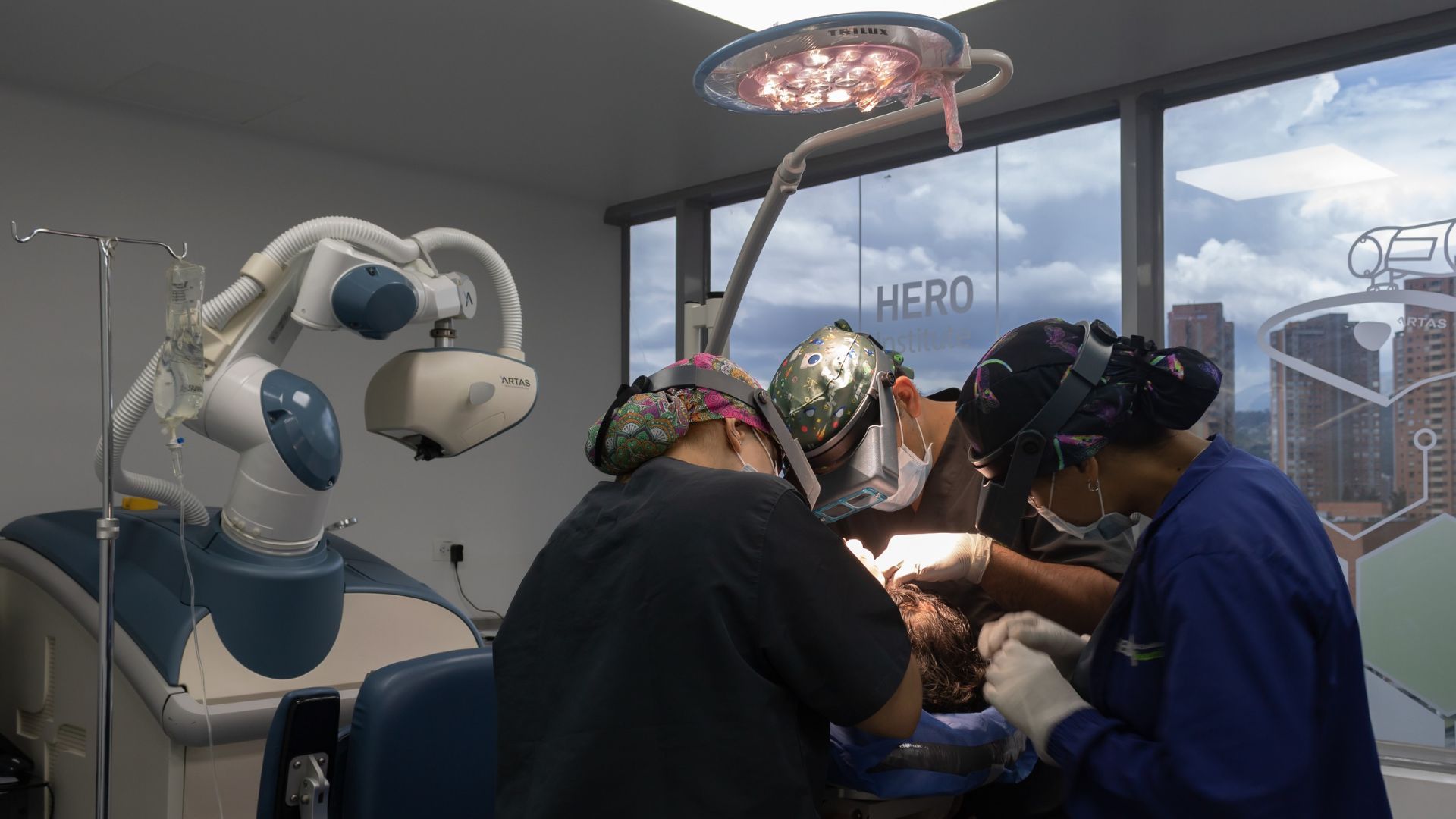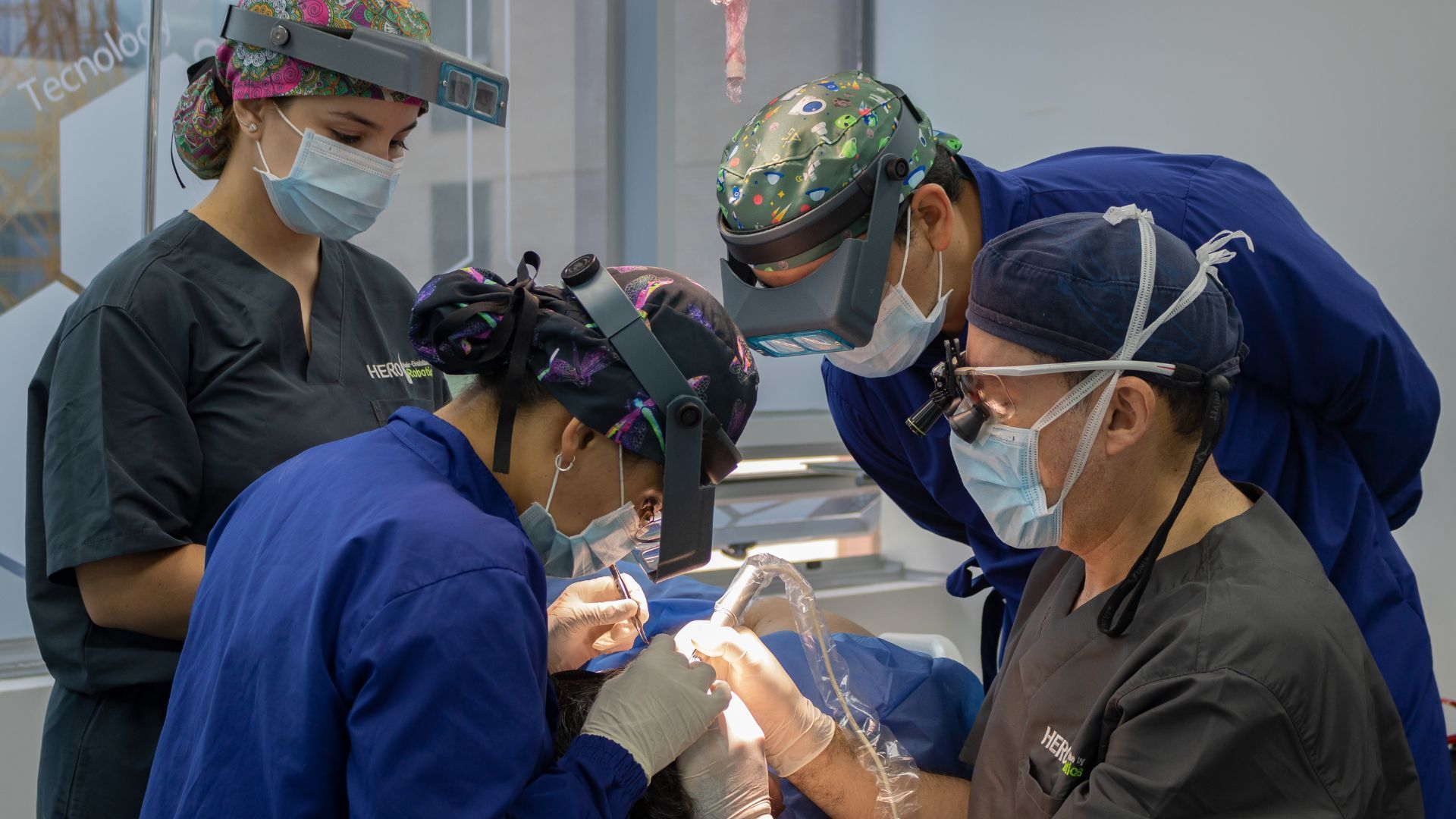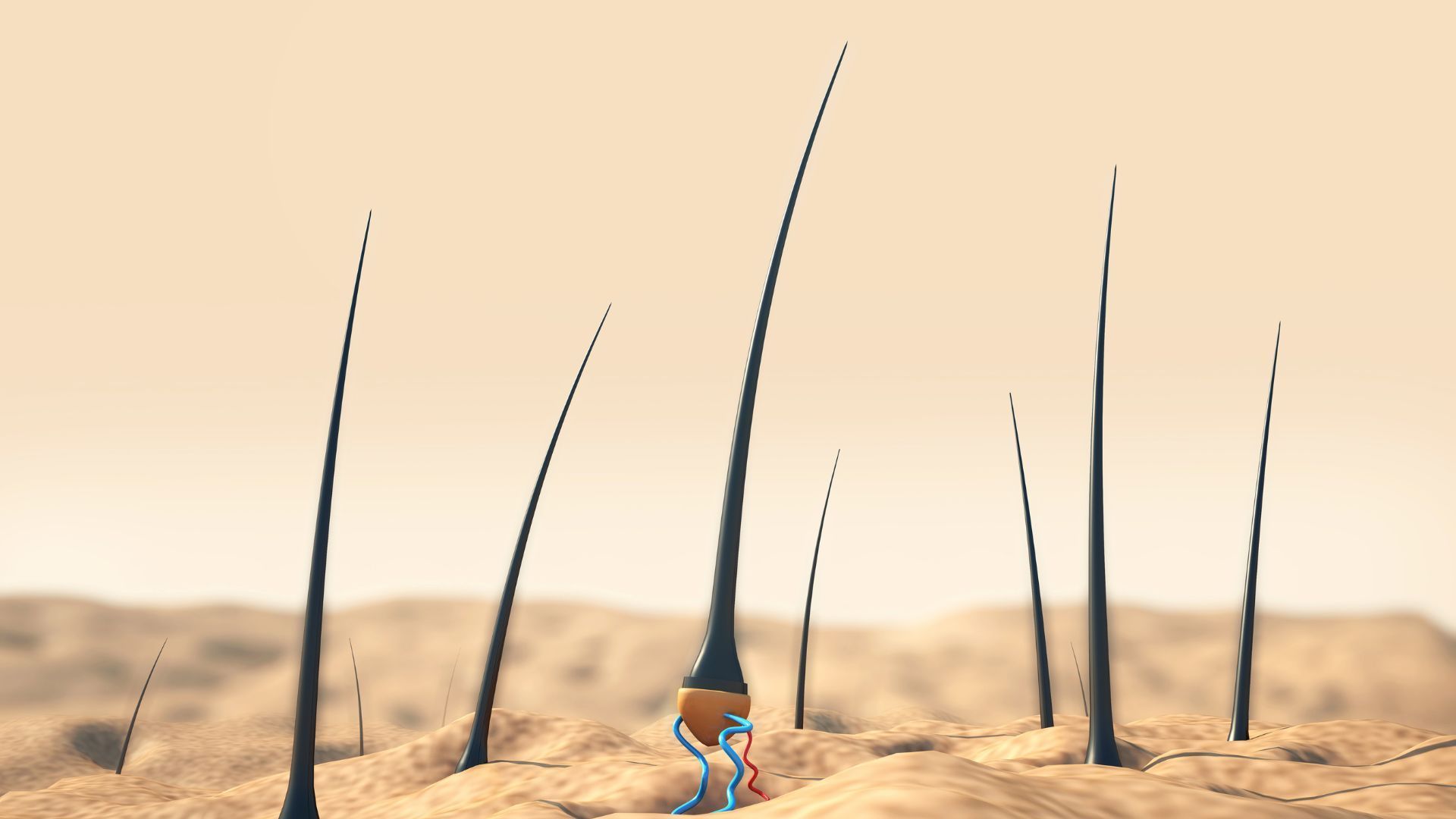What should I do to prevent and treat my baldness? PART I
Alopecia (medical term for baldness) has always been a problem for men, and its becoming increasingly worrying for women too.
Androgenetic alopecia (AGA), also known as Male-Pattern Hair Loss (MPHL) is the most common cause for alopecia because it is caused by the masculine hormone dihydrotestosterone, which is highly genetically dominant.
90% of men and 10% of women will, at some point in their lives, suffer from androgenetic alopecia. It often starts in young males because of puberty with an increase in their testosterone levels. For women, menopause often causes an unbalance between the levels of estrogen and testosterone, prompting the beginning of alopecia.
Since the beginning of history, humanity has tried all kinds of treatment: prayers, magic potions, pseudoscientific treatments and, of course, scientifically proven treatments too. In this blog, we will analyze frequently used treatments to prevent and treat baldness. We will categorize them into:
- Cosmeceuticals
- Nutraceuticals
- Photobiostimulation
- Cellular Biostimulation
- Medication
- Hair Transplant
1) COSMECEUTICALS:
Besides having cosmetic or beautifying properties, a cosmeceutical is also a product that possesses therapeutic properties, or in other words, it treats a medical condition, in this case, hair loss.
Within the cosmeceutical group we have coconut, argan and castor oil. Its cosmetic properties provide shiny, voluminous and easy to comb hair. Its therapeutic characteristics are related with its anti-inflammatory properties, free radical neutralization, improvement for dandruff and scalps seborrhea and its ability to attack bacteria and fungus that cause hair loss.
Shampoos with certain medical products added to them like Ketoconazole (antifungal), provitamin B5 or Panthenol (panthenol deficiency causes hair loss, a lighter hair color and scalp irritation/ itching), are also cosmeceuticals.
Since cosmeceuticals are not catalogued as medical products, they are sold freely and are found in a variety of commercial hair products
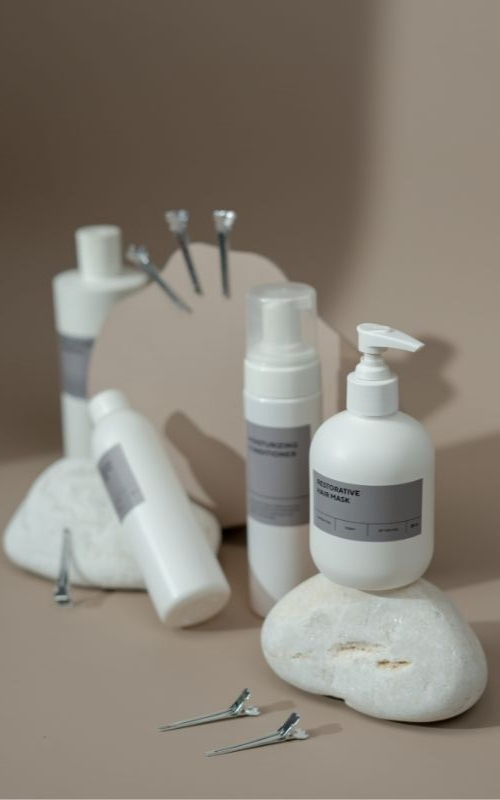
2) NUTRACEUTICALS:
Nutraceuticals are foods that provide health benefits to either prevent or treat an illness.
Beneficial foods to maintain and recover a good hair-health are cereal germ, whole grains, eggs, oysters, organ meat, dark leafy greens, citrus and others.
The most important micro elements for hair are:
- Biotin: also known as vitamin B7, B8 or Vitamin H, is in charge of helping transform glucose into energy. Therefore, it is essential for adequate hair growth, as well as for shine and strength. It is found in egg yolks, organ meat, yeast and whole wheat cereals. Patients who regularly drink alcohol will absorb less of the vitamin B complex, including B5 or Panthenol.
- Copper: Copper is part of different enzymes needed to produce proteins that are important for hair. This includes collagen and melanin, which give hair its color. Weak and discolored hair may indicate a deficiency. Yet, one should only consume copper supplements if its deficiency is medically proven. Main sources for copper in foods are whole grains, oysters, legumes and organ meat like kidney and liver.
- Polyunsaturated fatty acids: They possess anti-inflammatory properties. Having a deficiency triggers hair loss. Some foods rich in polyunsaturated fatty acids are nuts, sunflower seeds, soy, salmon, white tuna, trout, olive oil and avocado oil.
- Polyphenols (Resveratrol): These are substances produced by grapes, cacao, cranberries, blackberries and raspberries, which hinder cellular aging due to their highly antioxidant functions.
- Selenium: Its part of antioxidant enzymes, therefore, it delays cellular aging. Its found in meat, fish, seafood, nuts, oats, mushrooms and cucumber. It acts synergistically with vitamin E.
- Sulfur amino acids: Methionine and cysteine are amino acids that contain sulfur, a powerful anti seborrheic. They are also very important to generate collagen and keratin, the two most important hair proteins. Tobacco consumption diminishes sulfur absorption. All types of meat and eggs are good sources of sulfur amino acids. Vegetarians have to be cautious and aware of a possible deficiency. Alternative foods for vegetarians are dill, parsley, radish, spinach, onion, broccoli and garlic.
- Vitamin E: Along with selenium, vitamin E is a powerful antioxidant. It is found in vegetables, fruits and vegetable oils.
- Zinc: Zinc deficiency causes brittle and opaque hair, and eventually, alopecia. Mostly vegetarians are susceptible to deficiencies because animal derived foods contain high amounts of this microelement. An alternative for vegetarians is dark chocolate, chickpeas, cereal germ and sesame seeds.
Ideally, the diet should provide all these elements. Yet, there are situations that justify the use of dietary supplements for these substances. This is mostly true if patients have an unbalanced diet, are vegetarian, smoke, drink too much alcohol or suffer from anxiety and stress.
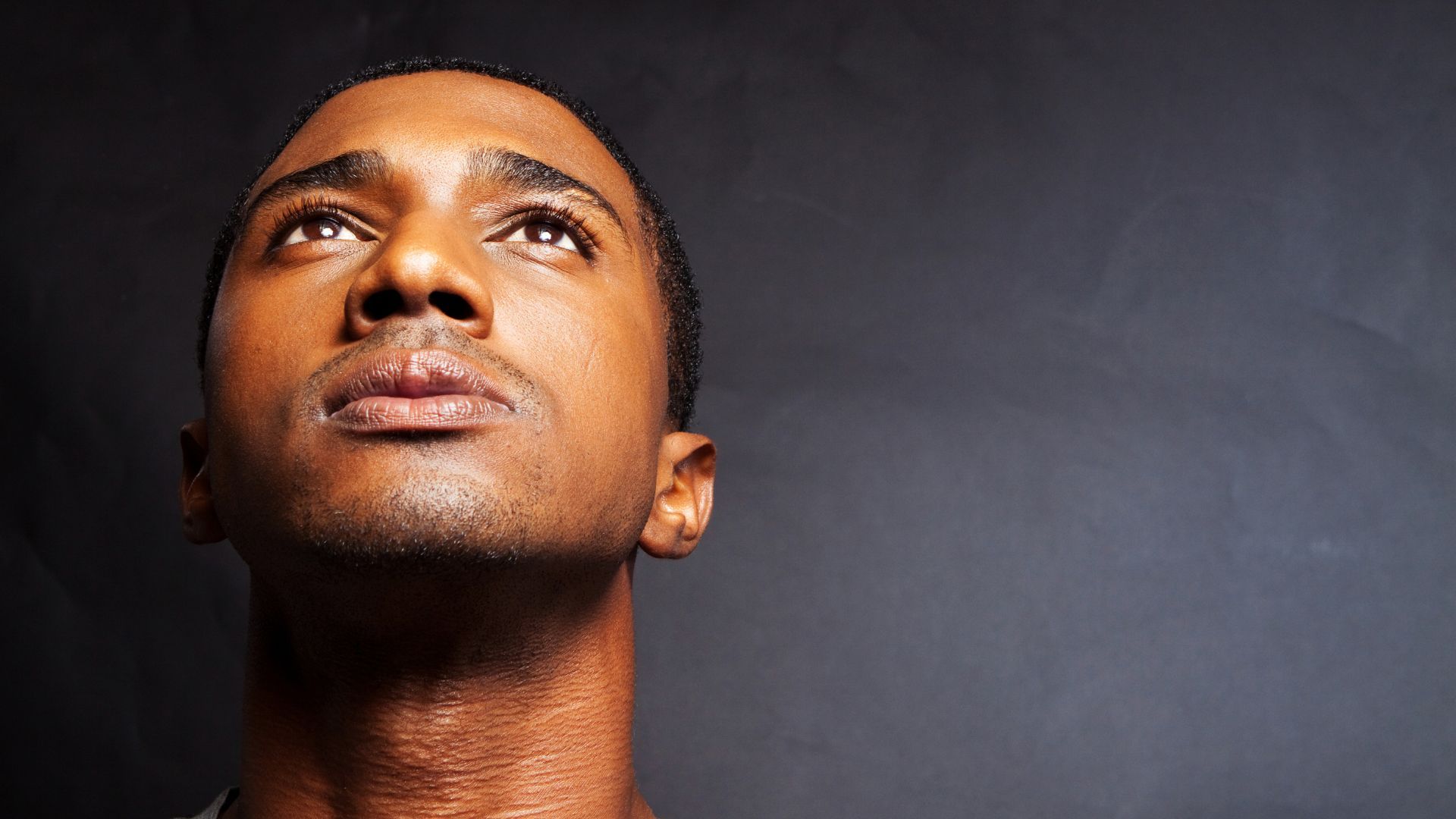
We can help!
If you’re experiencing hair loss and looking for a hair restoration solution that’s right for you—congratulations! You’ve come to the right place. HERO Hair Institute is the best hair restoration clinic in Colombia, providing proven permanent hair transplant techniques and non-surgical hair loss solutions.
With over 20 years of experience, HERO Hair Institute offers you the best quality procedures in a safe, relaxed and comfortable environment. Thousands of men and women have come to HERO Hair Institute for the answers to their hair loss and hair restoration questions.
